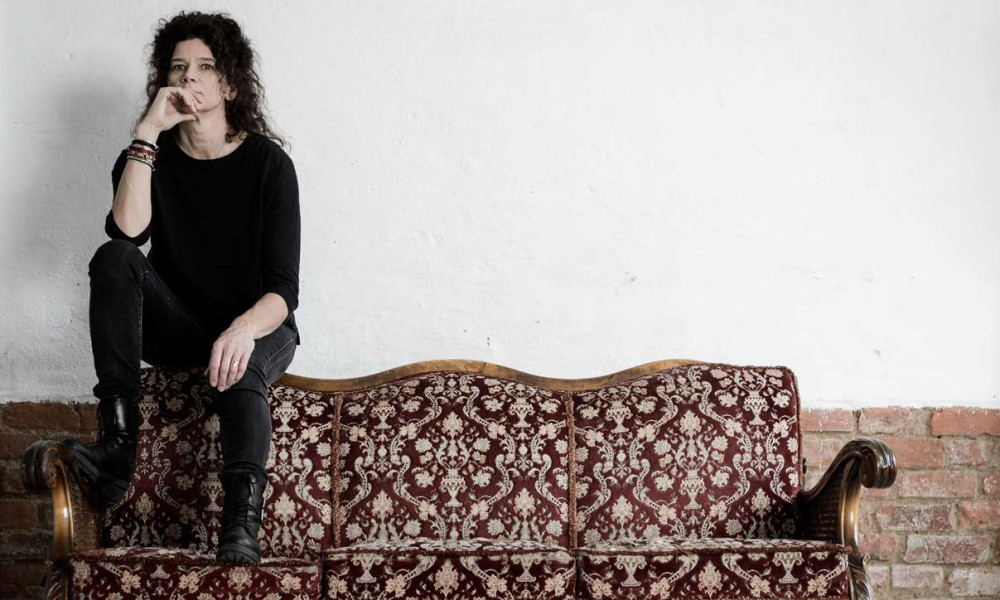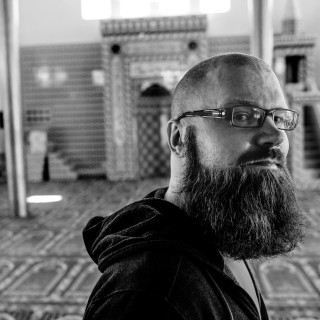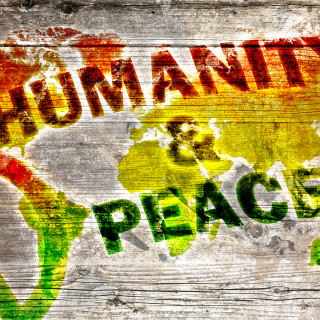Born free and equal?
We are born free and equal. But even if human rights are universal, they are not accessible to all. Despite strong connections between democracy and human rights, abuses take place all over the world. How do we live side by side in 2015?
Meet Lena Halldenius, Professor of Human Rights Studies, in a discussion on human rights and vulnerability.
On philosopher John Rawls’ theory that we should build our society as if we were at risk of finding ourselves among the worst off, so that those who are worst off live a good life.
“Early economists like Adam Smith believed in the ‘trickle down’ theory – that the affluence of the rich trickles down through the classes to reach the poor. Rawls turned this social dynamic on its head in the 1970s. He argued that we should not only think of those who are worst off, but imagine the society we would want to have if we were the worst off. Our own interests then coincide with what is morally right. Rawls’ theory played an important role for social democracy in Sweden. Today the philosophical dimension of the public debate is highly relevant and it is good that philosophers are active public opinion-makers and participate in political discussions.”
On why the US is one of two countries that have not ratified the UN Convention on the Rights of the Child
“It would have been more surprising if the US had signed. The US is generally unwilling to submit to international rules and has a tradition of not ratifying United Nations conventions. No other convention on human rights has received such a wide and rapid support as the Convention on the Rights of the Child and we like to hold it up as a success story. However, the success of the convention is problematic. It can give the impression that the situation for children worldwide is better than it really is. Some countries take it rather lightly, and even if the UN monitors how conventions are followed by signatories, they have no power to force compliance. I think human rights suffer from their rhetorical successes. What country is going to stand up and say that it doesn’t support human rights? Unfortunately, it becomes a rhetorical show, with serious abuses taking place behind a superficial respect for rights.”
On the living conditions of the Roma in Romania and whether the EU has the power to demand respect for human rights.
“When you place demands on another country, you also place them on yourself, and there is no country that doesn’t systematically violate the rights of Roma. In an organisation like the EU, it is easy to end up with the lowest common denominator. Ironically, the Roma have the problem that they have never been regarded as a security threat. They can therefore safely be ignored and systematic poverty and discrimination can continue. There is no strong enough incentive in the EU to pursue human rights for this group. They are not politically interesting.”
On the new type of warfare that is emerging, with violence as the means and the end for extremist groups like Islamic State and Boko Haram.
“Our human rights do not provide any intrinsic protection; they are more a form of moral armour that can protect the vulnerable. We have an antiquated view of war. We think of it like WWI and WWII, with rules of war that are abided by. The fighting parties were states, war was officially declared and peace was negotiated. The problem is that the legislation on war that still exists within the UN system is adapted to a reality that no longer exists. The bands of fighters that we now see are a terrible consequence of the collapse of non-functioning states and show how quickly chaos can take over. The advance of IS took the world by surprise and we still don’t fully understand how these groups can be so well organised. They are not wild ragamuffins, as many seem to think – they are strategists with plenty of money.”
On establishing an independent national institution in Sweden as recommended by the UN after criticising the Swedish Government for failing to respect human rights.
“The United Nations has criticised Sweden because the number of hate crimes against ethnic minorities is increasing, whereas the number of investigations and convictions of these crimes is falling. It has also criticised the increase in sexual violence against women and their insufficient protection. However, I’m in two minds about the establishment of a national institution. Historically, Sweden has been very good at institutionalising and we do already have an Equality Ombudsman. However, not as much is being achieved as one might think. The legislation on discrimination is difficult and it is tricky to pursue cases. What may look like a case of discrimination might be attributable to many different factors. So, what would it mean to monitor human rights? They are integrated into the entire legal system, so the question is what exactly should be monitored. However, a national research and development institution would be good.”
On whether control over one’s own death will become a human right.
“I think it will and we are already seeing trends in this direction, as patients are regarded as having rights in health care legislation and practice. This issue is linked to rights at the end of life, palliative care and the right to decide over one’s life when it is reaching its end. We have difficulty talking about death as something natural and it can of course be considered unnatural to end one’s own life with the help of medical staff. However, the premises on which we live are not always very natural. We need to take responsibility for the fact that technical and medical developments mean that people are kept alive artificially. The argument of what is natural is not relevant. If we regard ourselves as having rights, this includes moral control over both one’s life and one’s death.”
Text: Bodil Malmström
Photo: Kennet Ruona




